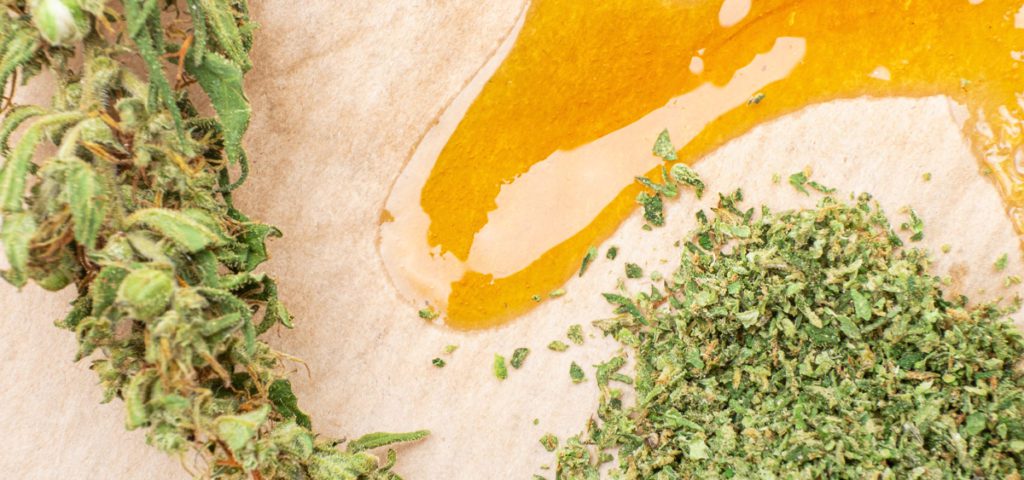An Oregon Liquor and Cannabis Commission report found that 54% of registered hemp farms inspected in southern Oregon were growing THC-rich strains of cannabis.
Half of Oregon Hemp Farms Out of Compliance

Full story continued below.
Advertisement
An Oregon Liquor and Cannabis Commission (OLCC) report found that 54% of hemp farms inspected in southern Oregon to be growing THC-rich cannabis, Jefferson Public Radio (JPR) reports. The state set a limit of 5% THC as the out-of-compliance threshold for these inspections, although under federal rules hemp cannot contain more than 0.3% THC.
According to the report, OLCC, local law enforcement, and Department of Agriculture inspectors sampled cannabis plants from 212 out of 335 licensed hemp farms in Jackson and Josephine counties. An additional 76 farms prevented inspectors from collecting samples and another 23 were not available for contact.
“I believe from my experience down there, there are more illegal grows than there are registered grows.” — OLCC Senior Director of Licensing and Compliance Richard Evans, via JPR
Additionally, the OLCC said some farms were diverting water and had no bathrooms for workers. Inspectors found that farms were housing laborers in tents in greenhouses, the report says.
“Whether they have armed guards out in front of the marijuana grow in front of their house, water rights, the [cannabis] smell, the human trafficking issues — the folks working in the field — this is a human atrocity in my mind,” Evans said to JPR.
The mass inspections were initiated by House Bill 300, passed by Oregon lawmakers in July. The bill gave the Oregon Department of Agriculture authority to work with OLCC and local law enforcement to access farms to test their hemp crops for compliance.
In an interview with Cannabis Business Times, Mason Walker — CEO of Oregon’s East Fork Cultivars, a licensed hemp and cannabis producer — said, “If you drive around southern Oregon near our farm, it is full of illicit cannabis — just everywhere. It always has been, but it’s always been family-scale. … What’s different this year over any year is it is very clearly not family-scale illicit cannabis. It is commercial-scale, organized illicit cannabis.”
Walker also said that some of the high-testing crops may be caused by bad hemp seeds and not malicious intentions — crops that are testing over 5% THC, however, may be suspect.
Get daily news insights in your inbox. Subscribe
End